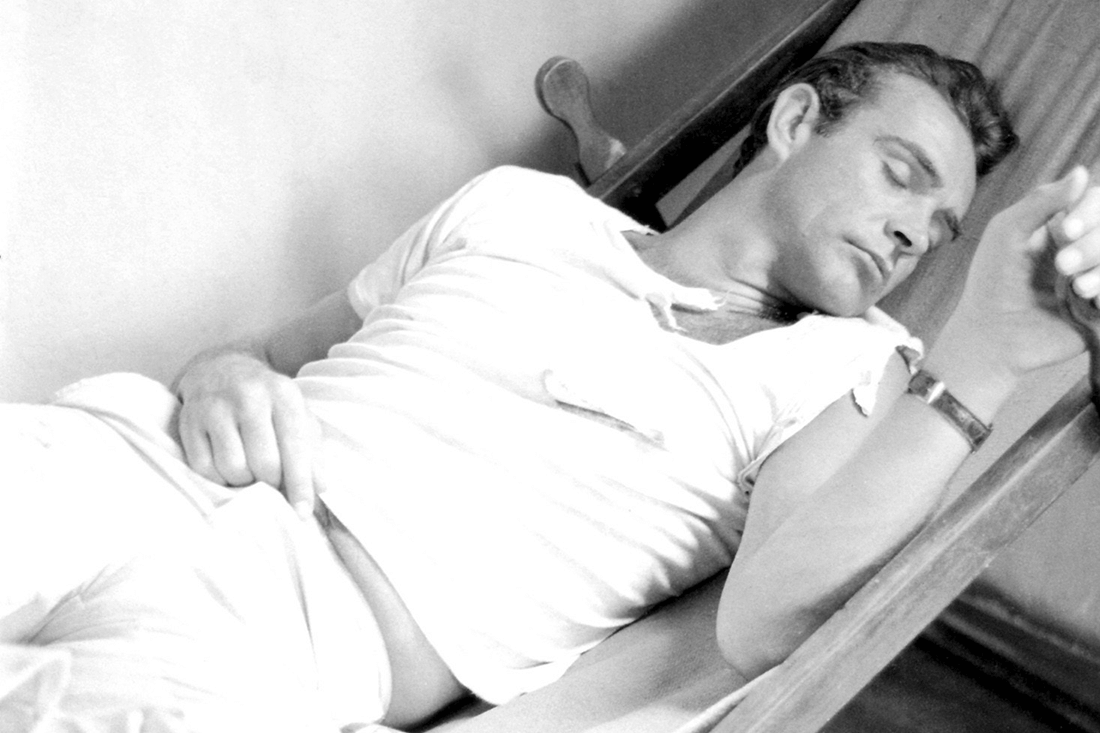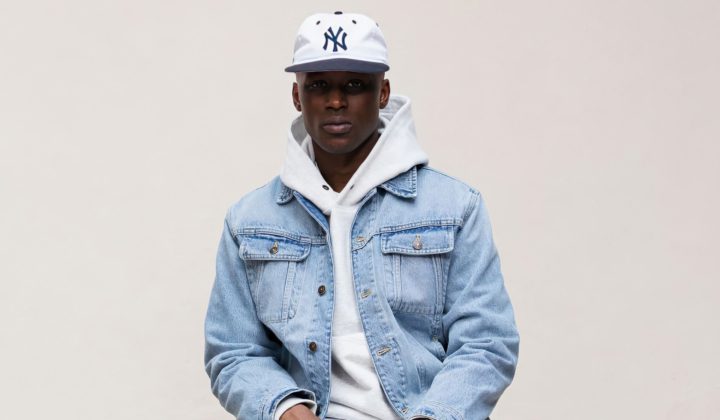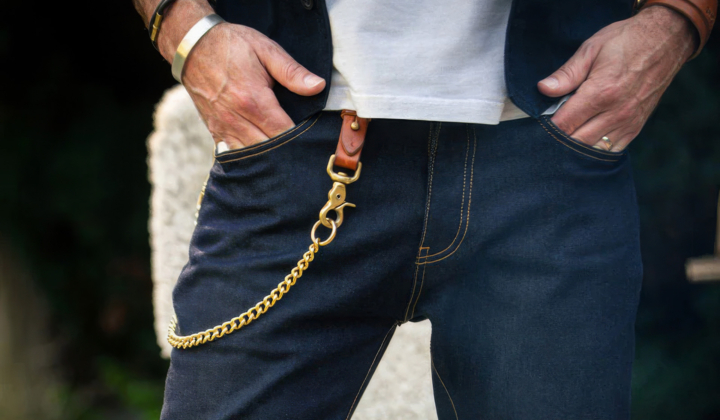How to Increase Your Energy Levels
Fighting Tiredness and Increasing Energy Levels
In my efforts to explain my constant tiredness and low energy levels, I went through many stages. Chief among which were denial, hypochondria and acceptance. Denial was a quick one; when a receptionist woke me up at my desk, I was forced to admit there was a problem. In my hypochondriacal stage, I convinced myself that I had either narcolepsy or obstructive sleep apnoea. However, I pulled myself together and moved onto acceptance.
In that frame of mind, I thought I might get back to my scientific roots and experiment on my lifestyle in an attempt to boost my flagging energy levels. I kept a diary for a week and then analysed it to formulate a cunning holistic remedial plan. As with science, small changes can make a big difference: here are the top eight ways I identified to manage tiredness and boost energy levels. After each suggestion there is a “take home message” (THM) for those of you with less time.
1. If you snooze you lose
Let’s start from the beginning. I was waking up at very variable times. Some days I would wake up super-early and do my morning exercise routine and on other days I would be running to my car with one shoe on, late for a clinic. I decided to pick a time in between and stick to it. When the alarm went off I resolved to shoot out of bed and never look back.
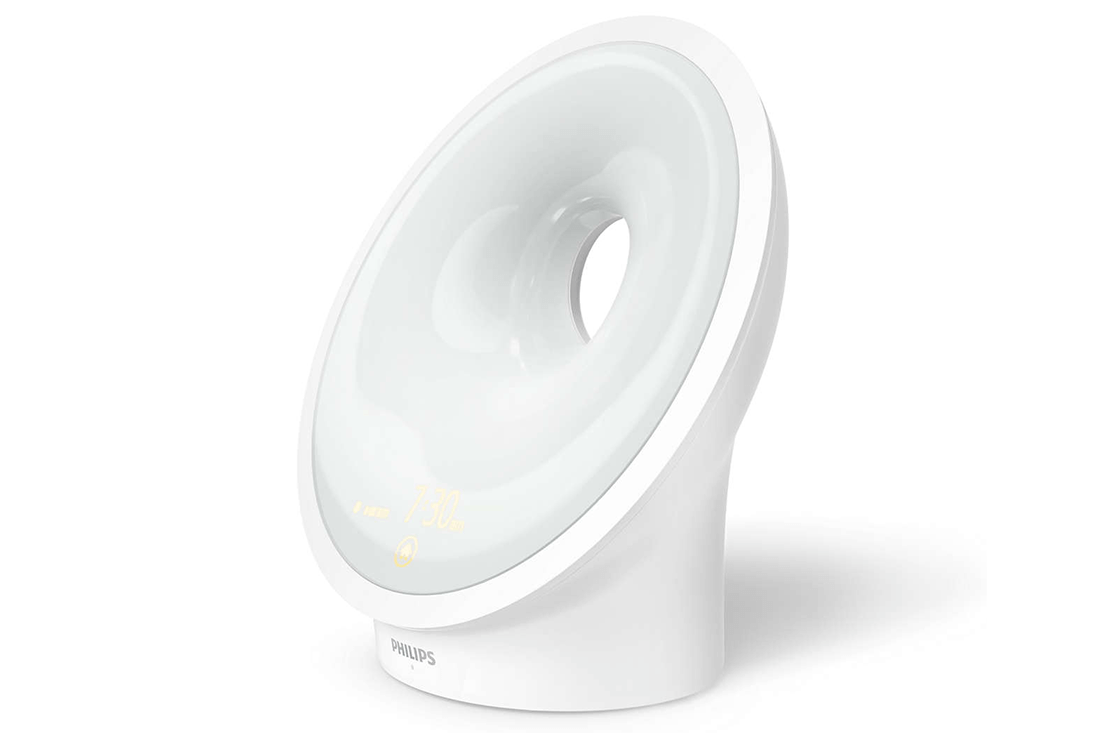
The Philips Somneo Wake Up Light simulates sunrise for a natural ‘wake up’ with a variety of light which gently prepares your body for waking up while you are still asleep. £189.99 at AMAZON
THM: Wake up at the same time every day. Try setting your alarm clock 15 minutes earlier than normal at first. If you do it for 6 weeks consistently, you will find it becomes automatic.
2. Bleed
I parlayed with my doctor about my fatigue. Both she and I agreed that we could check my blood for deficiencies. I was most concerned about iron, vitamin D and vitamin B12. When the results came back they showed my vitamin D was low, which is common in the UK. I went on a replacement course of this, alongside a bog-standard daily multivitamin. My deficiency was no doubt a symptom of the busy life I lead, and I took steps to look at making my diet more regular and balanced. Sources of vitamin D include oily fish and fortified foods such as cereals and dairy products.
THM: Eat regular balanced meals and healthy snacks every 3 to 4 hours. Try taking good quality, targeted vitamin tablets or supplements.
3. The drugs don’t work
I am guilty of taking some over the counter medications on occasion. I had a brief glance at the side effects and although my headache stalwart Paracetamol didn’t cause tiredness, I found that the apparently “non-sedating” antihistamine Cetirizine – which I take occasionally – can rarely cause some people tiredness. I cut it out of my life (barring a pollen emergency).
THM: Check the literature included with any medication you might take. If it causes tiredness as a side effect, try limiting its use unless absolutely necessary.
If you are prescribed drugs have a discussion with your doctor about possible alternatives. Always consult a health care professional before stopping regular medication.
4. Water, water everywhere
Drinking water is one of those responsibilities we all have; we know we should do it, but we don’t. Perplexed by my inability to imbibe a mere 2L of water a day consistently, I turned to my good friend Amazon. There I picked up a nifty 2L sports bottle which is also portable. After it arrived I filled it up in the morning and tried to drink it over the waking hours of the day. When I went out, I would note down what I’d had (say a mug of coffee, or a 330ml mineral water) and when I got home I would empty that amount out of the bottle. (Empty excess water into your house plants and be kind to planet).
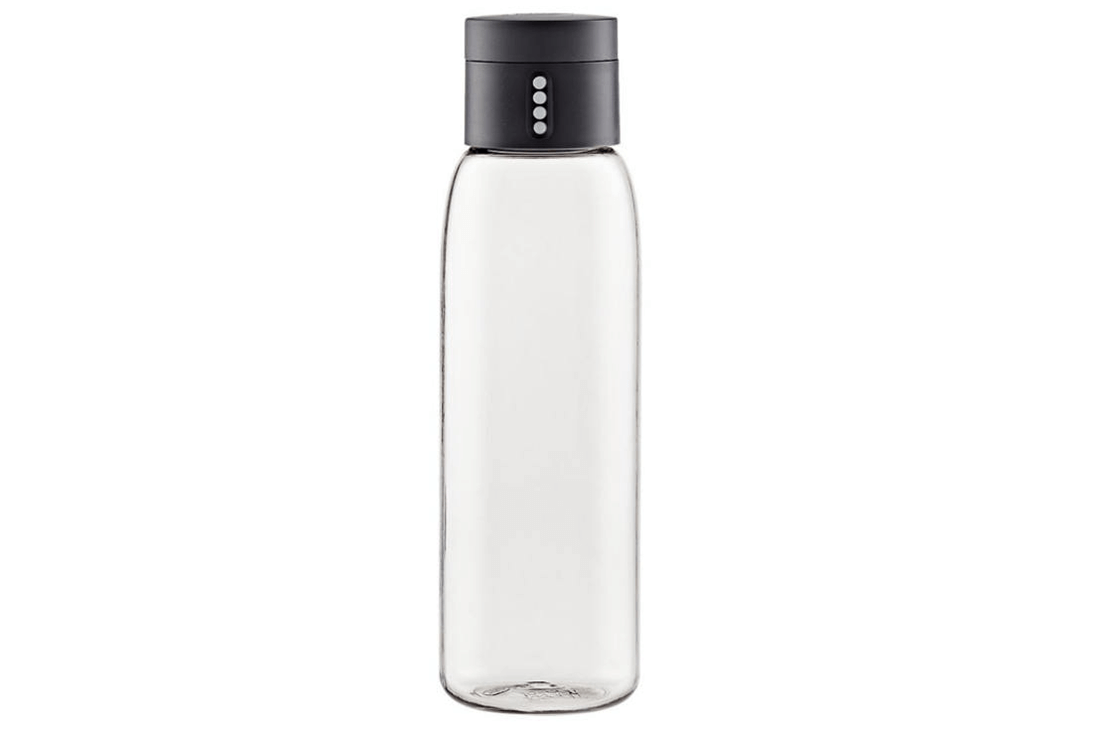
Joseph Joseph Dot Water Bottle with hydration counting lid. £8 at JOHN LEWIS
THM: Work out your recommended daily water intake (30-35 ml/Kg body weight for the average adult) and drink it consistently. As is already done with diet and exercise, Gamification is an effective technique to increase your average intake. Reward yourself when you reach your water intake goal.
5. Its endorphin’ time!
Hormones are an important part of feeling energised and I figured the best way to release these good vibes would be doing an exercise that I enjoyed. I decided to do something different every day for half an hour so that my mind wouldn’t get bored. On Mondays, I attended a spin class at my local gym, Tuesdays I went for a fast walk to the park in my lunch break, Wednesdays was a quick dip in the local swimming pool, Thursdays I went for an evening jog, and on Friday I made a date with my daughter in the park after work. Five days seemed enough, and I took the weekend off!
THM: Exercise as much and in as many ways possible. Make it harder for yourself to pull out at the last minute: for example, signing up to a group class or a personal trainer. Make it more enjoyable by listening to music or a podcast.
6. A spoonful of sugar doesn’t help the tiredness go down
Nearing 5pm I was reaching for sugar to keep me going; usually a baby pack of Haribo or a biscuit. Although this gave me an immediate buzz, later that evening I would feel even more tired with reduced energy levels. I decided I would reach for my water bottle instead and also try to limit my stimulant drinks like coffee and tea to pre-1pm as I figured it was affecting the quality of my sleep.
THM: Avoid the crash and burn of short term stimulants or energy sources. To sustain your energy, look for food with complex carbohydrates, protein, and fibre. Some of the best foods to fight fatigue include whole grain foods, nuts, seeds, and some fruits like bananas and berries.
7. Evening breakfast
My patients (who are victims of my numerous opportunistic lectures about healthy eating) might be surprised to know that, for the crime of skipping breakfast, I am guilty as charged and a repeat offender. Failing to find time in the morning to break my fast, I decided I would make the meal the night before. I trawled the internet and I found a tasty oat-based recipe (see below) which would soak overnight and give me the slow energy I needed throughout the next day.
THM: Breakfast helps to fuel you for the day ahead and boost energy levels. Modern nutritionists underline the importance of eating breakfast to good health. Benefits include better memory and concentration and lower rates of diabetes, heart disease, and obesity.
RECIPE: In a dessert pot, mix 25g of rolled oats with low fat Greek yoghurt, chia seeds, pumpkin seeds, sunflower seeds, goji berries, raisins, flax seeds, flaked almonds and top up with skimmed milk or almond milk to taste. Leave to soak in the refrigerator overnight.
8. Bedtime story
I had read that a routine was very important in convincing your mind that it was time to sleep. I therefore constructed a three-act play, the finale of which would see me supine and unconscious in bed. It started with a nice soothing shower, moved onto reading a relaxing book on my kindle and ended with some mood music on sleep timer (usually Beck or Björk). Oh, and I forced myself to turn off the TV, dim the lights and put my phone/tablet away at least 90 minutes before I slept to avoid overstimulation of my brain.
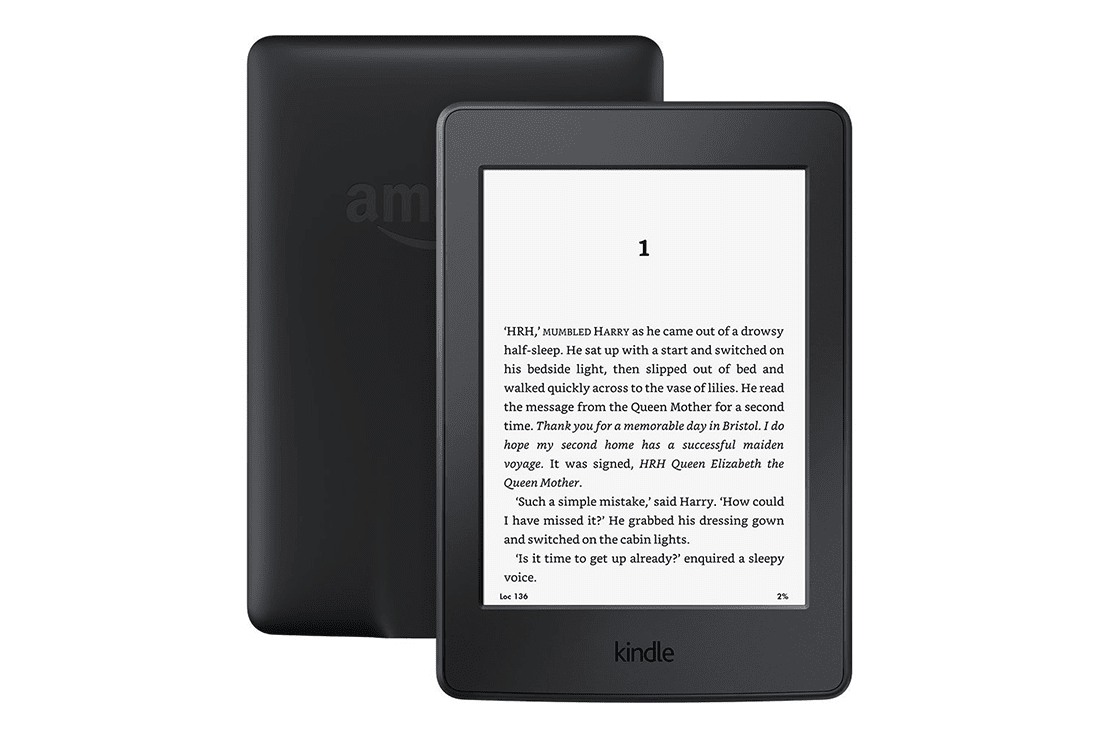
Kindle Paperwhite with a light, and high-resolution 300 ppi display that reads like printed paper. £109.99 at AMAZON
THM: Be predictable when it comes to sleep. Your body will reward you with greater lucidity and concentration in the waking hours.
The Results
I can report that after taking these basic and common-sense measures to mitigate my lethargy, I’ve experienced a significant improvement in energy levels. The little things really do make a difference, and while it’s normal to look for a big unifying solution to a problem, it is hardly ever the case that one thing will make the entire difference. I do still infrequently feel tired, but I feel more in control of my tiredness. I hope that some of things I looked at above can help you too.
